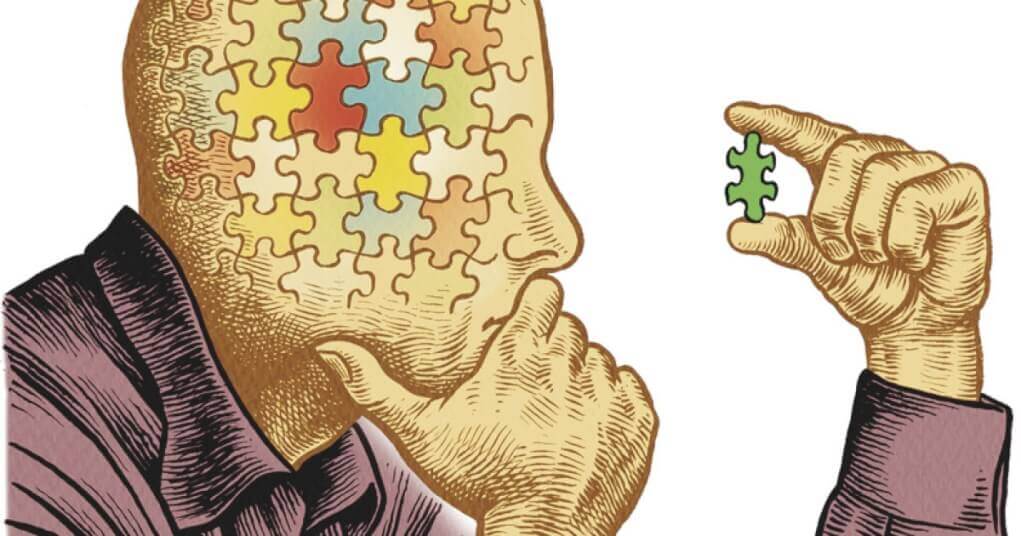Critical thinking is very important for everyone — students, employees, employers, mass people and others. It helps everyone to think creatively — or outside the box — and face various challenges from academic to real-life situations in a successful and creative manner. More specifically, it makes an individual capable of understanding connections between ideas or facts, detecting inconsistencies and mistakes, reflecting justifications of one’s beliefs and values, solving academic and real-life problems on reasonable grounds, identifying, constructing and evaluating ideas, arguments and facts, and making reasonable plans and strategies. Simultaneously, it reduces prejudice or unreasoned biasness, superstitions and chances of falling into traps, scams or tricks in everyday affairs. Consequently, good critical thinking capacity is important in the fast-paced world.
Before going further, it is vital to say something about critical thinking. The concept of critical thinking is the analysis or evaluation of ideas and facts on reasonable, unbiased or sceptical grounds. It is self-directed, self-disciplined, self-monitored, and self-corrective thinking. It usually indicates the ability to think clearly and rationally about what to believe and what to do. The ability to critically think is sometimes described as a higher-order ability — the ability requiring ways of thinking that are deeper and more complex. It is the ability to engage in reflection and making inferences or drawing conclusions. However, critical thinking does not mean mere criticism of any ideas, arguments or facts. Critical thinking eventually aims at creating something original — ideas, plans, etc.
There is a considerable lack of critical thinking among many individuals of different sorts —students, employees, mass people and others — in many countries including Bangladesh. Indeed, many fail to critically think of, or analyze, ideas, facts and problems, of diverse sorts on reasonable grounds in Bangladesh. As a consequence of uncritical thinking or a lack of critical thinking, many more educated, less education or uneducated individuals believe in superstitions, accept views or facts uncritically or without any analysis, fall into traps of others, etc. These, in turn, can lead to enormous negative consequences including economic loss. In this piece of writing, I will comment on diverse constraints to critical thinking and provide a few suggestions for addressing constraints.
It is undeniable that various factors are responsible for uncritical, or inadequately critical, thinking. Factors that put hindrances to critical thinking may be rendered as individual and societal. Both types of factors are often interlinked. Some individual factors are affected by societal factors, while some social factors are influenced by individual factors. Of individual factors, mental problems, lack of education or knowledge or inadequate education or lack of quality education, biasness or prejudice, stubbornness, close-mindedness, drug addiction, superstition, excessive emotion, etc. are to be specially mentioned. Many students and other individuals are differently affected by one or more than of such individual factors. As a result, many lack abilities to think of ideas or facts critically.
Of different societal factors, lack of education among parents, parental negative attitude towards education, presence of superstition among family members, peer pressure, presence of superstition in the community, inadequate educational institutions and orthodox institutions in the community, educational approaches unsupportive to critical thinking, extreme political and other ideologies, inadequate scientific advancement in the overall society, lack of freedom of speech and expression, etc. can put considerable barriers to critical thinking among individuals in many societies including Bangladesh. But, of course, individuals are affected by societal factors differently. Individuals with less education are usually more affected by societal factors. But it needs to be noted here that the level of critical thinking can vary between or among communities since societal factors vary too.
In order to improve the ability to critically think, both individual and societal factors need to be well-addressed. However, different groups can be approached differently. Students, who have more chance of developing such a skill, should be especially taken into consideration in this respect. Of course, there are some positive developments in the educational system of Bangladesh such as creative education in secondary education, an up-dated educational system at the university level and an increased focus on research-oriented education. But, with some variations, it appears that the current education system, both mainstream and others, has various constraints including outdated systems of teaching (especially lecture-based traditional method), lack of adequate knowledge of teachers at the primary, secondary, higher secondary levels on creative learning approach, memorization-driven learning and passive learning.
For improving critical thinking among students, more emphasis on creative learning, implementation of the education policy, enhancing knowledge specifically on creative methods of teachers with adequate training (especially at the primary, secondary, higher secondary levels), providing increased focus on scientific learning among Madrasha education, etc. are very important. Of course, the participatory teaching method, instead of a teacher-driven one, needs to be given emphasis. In such a method of teaching, students are more active in learning through their participation in discussion on different course topics with their fellow students with the presence of a course teacher. In addition, critical thinking skills development courses can be introduced for students and critical thinking skills development training can be given to teachers (including primary and secondary).
It is undeniable that improvement of critical thinking skills is very crucial for all jobholders, employees for improving performance, analyzing and solving problems in a more effective manner, making better decisions, developing effective plans, etc. Yet, such skills are especially important for employees of private organizations, as the success or failure of such organizations enormously depends on how critically managerial and other decisions are made in the competitive world. Of course, government departments and many formal private organizations provide periodic training to jobholders and employees in Bangladesh but more efforts need to be made for providing training on the development of critical thinking skills to those jobholders, employees and employers who lack such skills.
Of course, effective measures are needed for the reduction of superstitions and the improvement of critical thinking among others especially mass people. But it seems to be a difficult task, indeed. Yet, mass media, school teachers, and other educated and influential community members can play some effective roles for increasing the chance of believing views or facts on reasonable grounds and making informed decisions as well as reducing the chance of falling into any trap or deception. In my opinion, mass media can take a variety of measures including the increased broadcast of science-based programs and dissemination of explanatory and real facts aiming at the reduction of the superstition of diverse sorts.













Comments are closed.